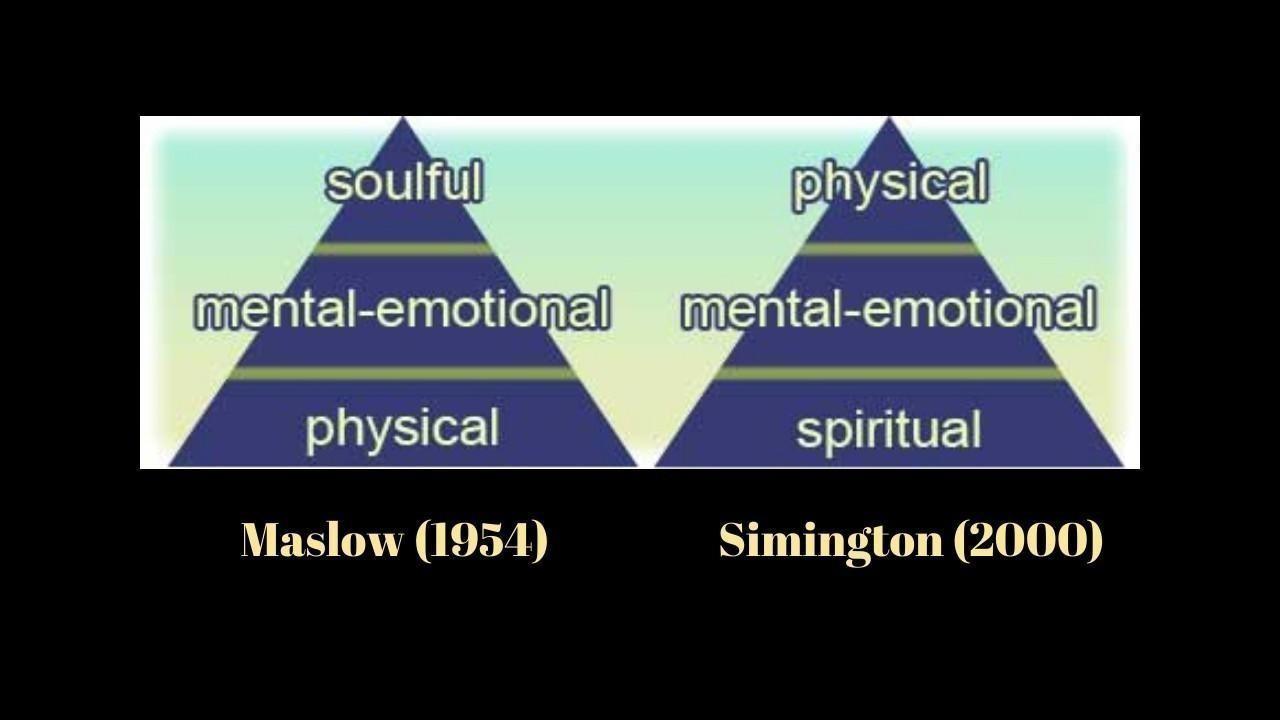Suicide Intervention Certification Online Course
Welcome!
Hello, I am Dr. Jane Simington, PhD. I am a grief and trauma therapist, author and educator. I have a professional background in both nursing and psychology. I am a CCPA (Canadian Counselling and Psychotherapy Association) qualified supervisor for an applicant to become a Canadian Certified Counselor.
I have experience in helping people of all ages heal from grief and trauma, including my professional work with suicidal clients, and with those who are attempting to heal from the grief that results from a death by suicide. I have developed the Suicide Intervention Certification Online course to assist others in offering effective help to those who threaten suicide and to support the bereaved when suicide results.
In the Suicide Intervention Certification course, I incorporate my knowledge of the causes of suicide, and of the healing methods that prove effective in healing those causes. The aim of the Suicide Intervention Certification Online course is to provide effective wholistic and culturally-sensitive counseling and therapy, to those who require healing of their body, mind, emotions, and spirit.
Healing Approach
The symptoms of both grief and post-traumatic stress have physical, mental, emotional, social, and spiritual effects. In the Suicide Intervention Certification course, I offer knowledge of the immediate and long-term effects of grief and post-traumatic stress, that can lead to suicide, and provide interventions to support the healing of these effects.
Since 2000, I have used and evaluated a model for healing, that is based on up-to-date grief and trauma theory and research.5 In my work with survivors of childhood and sexual abuse (a leading cause of suicide), and with traumatized and suicidal women in a federal prison, I recognized the effectiveness of the consistent application of the Four Part Model for Healing Trauma© as a way to gain the attention of both the brain’s hemispheres, to heal the memories and emotions stored in the body, mind, and spirit.
References
A Different Approach to Healing
Recognizing that the depression leading to suicide is often rooted in spiritual distress and feelings of spiritual disconnection, I designed this course to addresses first, the spiritual distress being experienced, and incorporate measures to heal the spiritual disconnection being felt by those who are suicidal.

Within the context of this course, spirituality is described as a human being’s personal relationship to what is meaningful to him or her, and what gives direction and purpose to their life. The spiritual needs as identified by Carson and co-authors in Spiritual Dimensions of Nursing Practice are: love, trust, hope, forgiveness, belonging, and meaning and purpose in life. According to these authors and other researchers, all people are considered to have a spiritual dimension regardless of if, or how, it is expressed or practiced. Spiritual distress is the suffering experienced when one or more of the spiritual needs are not met, as frequently happens during times of personal crisis.
To address the spiritual distress of those who are suicidal, training participants are introduced to the work of Carl Jung who noted that if you want to address soul you must speak soul’s language, the language of symbol and metaphor. Supported by his work and by research that demonstrates that during trauma emotions are processed in the brain’s Right Hemisphere, course participants learn to incorporate dream, nature, energy work, therapeutic art, and guided visualization as spiritual interventions, and learn to help their clients interpret the symbolic messages being revealed.
My clinical experiences and the reports from traumatized clients indicate that when the spiritual wounds are healed, it is so much easier to then address and heal the mental, emotional, social, and physical manifestations of their depression, their grief, and their trauma.
A Soulful Approach to Dissociation Resulting from Trauma
by Jane Simington, PhD. (2018)
Intrusive Symptoms, including dissociation, are experienced by many of the millions who suffer from Posttraumatic Stress Disor- der (PTSD). Dissociation involves a disconnection from the over- whelming emotional content of the traumatic experience, with reactions ranging from brief moments of detachment to complete neurological collapse. The disappointing clinical results in cognitive-behavioral exposure-based therapies have stimulated interest in wholistic methods that addresses the spiritual needs of those who experience trauma symptoms. This paper reviews the research liter- ature suggesting an inverse correlation between spirituality-focused interventions and PTSD symptomology, and provides a neurological and soulful comparison of dissociative symptoms and the application for clinical practice.
Read the full article "A Soulful Approach to Dissociation Resulting from Trauma."
